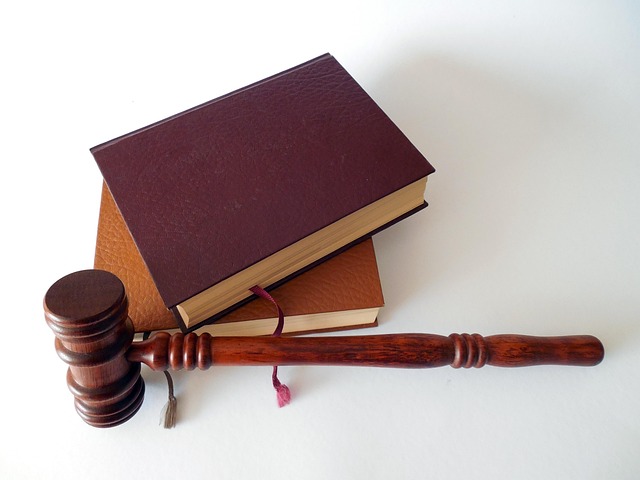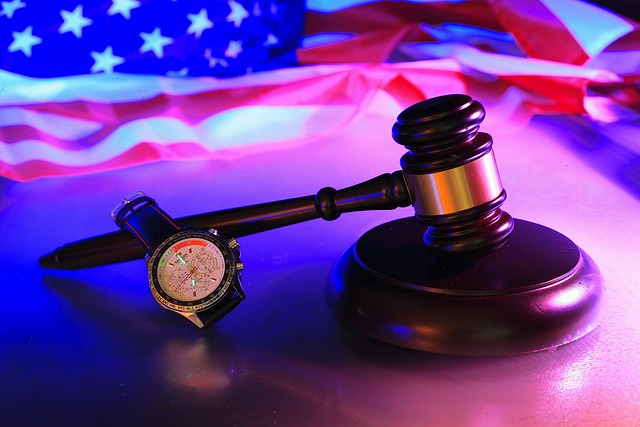Whistleblower protection laws offer crucial defense for individuals reporting illegal activities, deterring employer retaliation with strategic navigation and best practices like meticulous documentation and legal consultation. These tactics empower whistleblowers to protect themselves in criminal cases, achieving positive outcomes across sectors.
“Whistleblower protection lawsuits are crucial avenues for individuals who expose corporate or government misconduct. In this comprehensive guide, we navigate the complex landscape of whistleblower protections, offering insights into strategies for success and best self-defense tactics in criminal cases. Understanding your rights under whistleblower protection laws can empower you to stand up against retaliation effectively. From recognizing potential violations to implementing robust defenses, this article equips you with essential knowledge for navigating these legal complexities.”
- Understanding Whistleblower Protection Laws
- Strategies for Success in Whistleblower Suits
- Protecting Yourself: Best Defenses Against Retaliation
Understanding Whistleblower Protection Laws

Whistleblower protection laws are designed to safeguard individuals who expose illegal or unethical activities within their organizations. These laws offer crucial self-defense tactics for those facing retaliation, providing a safety net for corporate and individual clients alike. Understanding these legal protections is essential for anyone considering coming forward with information that could reveal serious wrongdoing.
Across the country, various whistleblower protection laws vary in scope and enforceability. However, they generally share common goals: to encourage disclosures by ensuring whistleblowers’ rights are protected and to deter employers from retaliating against those who come forward. This legal framework provides a robust set of best self-defense tactics for criminal cases arising from whistleblowing activities, allowing individuals to stand up against powerful entities without fear of personal harm or professional ruin.
Strategies for Success in Whistleblower Suits

Whistleblower protection lawsuits are complex legal battles that require a strategic approach to achieve success. One of the best self-defense tactics in criminal cases for individuals facing such suits is to thoroughly document every interaction and evidence related to their disclosures. This includes keeping detailed records of conversations, emails, and any supporting materials that demonstrate their good faith efforts to report illegal activities within their respective business.
Additionally, understanding the nuances of white collar defense strategies is crucial. Across the country, legal experts advise on the importance of timely reporting to relevant authorities, adhering to statutory requirements, and demonstrating a clear connection between the whistleblowing act and the subsequent criminal case. By employing these best practices and gathering comprehensive evidence, individuals can strengthen their defenses and navigate the complexities of whistleblower protection lawsuits effectively.
Protecting Yourself: Best Defenses Against Retaliation

When facing potential retaliation for whistleblowing, it’s crucial to employ robust self-defense tactics to protect your rights and future. One of the best defenses against retaliation is a thorough documentation process. Whistleblowers should meticulously record all communications, actions taken, and evidence related to their disclosure. This detailed record becomes an invaluable asset in demonstrating good faith and can serve as strong evidence if a lawsuit arises due to alleged retaliation.
Additionally, seeking legal counsel from experienced attorneys specializing in whistleblower protection is essential. These professionals can guide you through the complex landscape of laws and regulations, ensuring your rights are upheld. Many advocates also offer strategic advice on navigating potential risks and help craft effective responses to any accusations, thereby achieving extraordinary results in protecting whistleblowers across the country and within philanthropic and political communities.
Whistleblower protection lawsuits are a powerful tool for those who expose illegal activities within organizations. By understanding your rights and employing effective strategies, you can navigate these legal battles successfully. Remember that the best self-defense tactics in criminal cases involve proactive measures to protect yourself from retaliation. Stay informed, document evidence, and seek legal counsel early on to ensure the strongest defense. With the right approach, whistleblowers can not only defend themselves but also contribute to a more transparent and ethical society.






